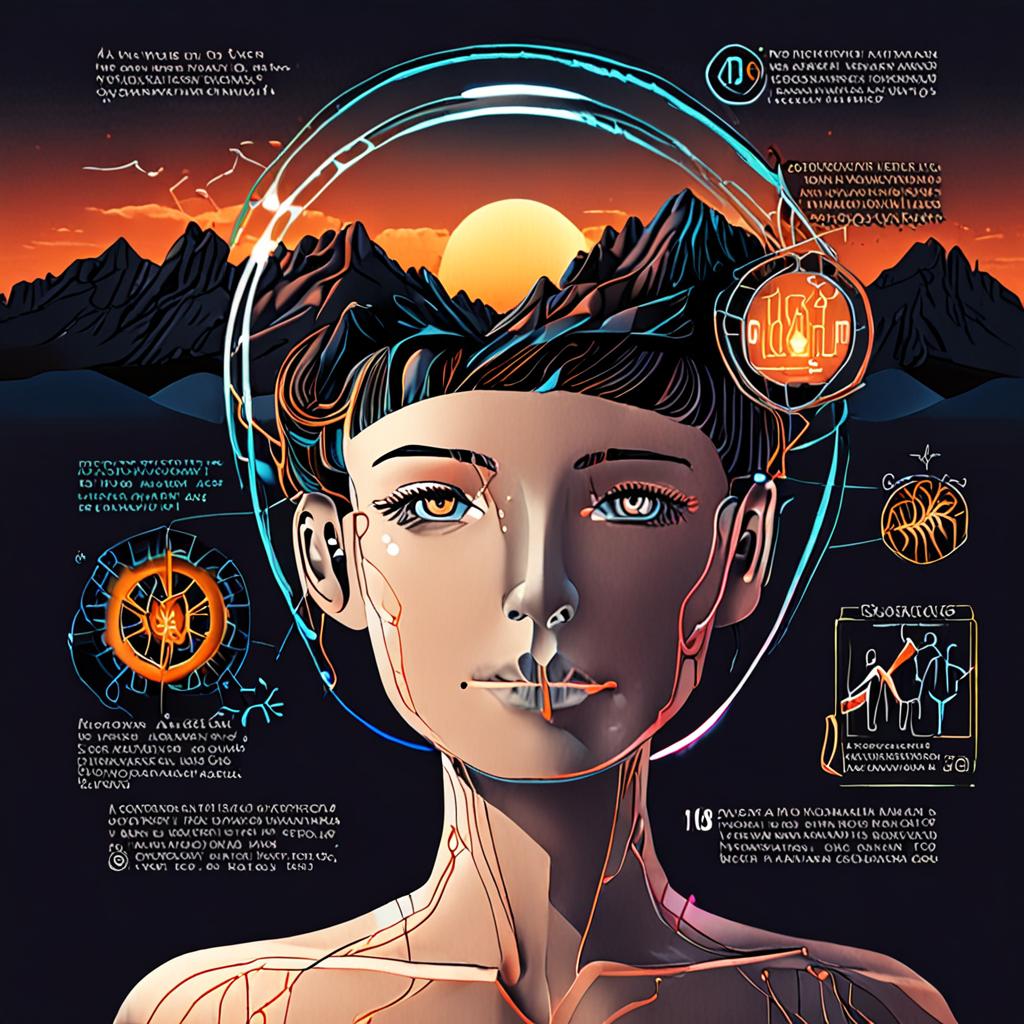Introduction
The growing interest in microdosing CBD as a tool for mental wellness has led to a proliferation of anecdotal advice and unsubstantiated claims. However, for individuals seeking to harness the benefits of microdosing CBD for anxiety, stress, and overall mental health, navigating the landscape of conflicting information can be overwhelming.
Existing methods for determining optimal microdosing regimens often rely on trial and error, with users relying on online forums and anecdotal evidence. For example, a study published in the Journal of Cannabis Research found that 71% of CBD users reported using the substance for anxiety, but only 34% reported consulting with a healthcare professional before doing so (1). This lack of guidance can lead to inconsistent results, wasted resources, and potential negative interactions with other medications.
Recent advances in AI-powered analysis offer a promising solution to this problem. By leveraging machine learning algorithms and natural language processing, it is now possible to analyze vast amounts of data on microdosing CBD and identify patterns and correlations that may not be apparent to human researchers. In this guide, we will explore 10 evidence-backed hacks for boosting mental wellness with microdosing CBD, leveraging cutting-edge research and AI-driven insights to provide a comprehensive and actionable roadmap for beginners.
Navigating the Science: Understanding Microdosing CBD’s Impact on Neurotransmitters and Brain Chemistry
Microdosing CBD has gained significant attention for its potential to enhance mental wellness by modulating neurotransmitters and brain chemistry. At its core, microdosing CBD involves consuming small, sub-therapeutic doses of CBD to promote subtle, yet measurable, effects on brain function. This approach matters because it allows individuals to harness the benefits of CBD without the psychoactive effects associated with higher doses.
Research suggests that microdosing CBD can influence the activity of neurotransmitters such as serotonin and dopamine, which play a crucial role in regulating mood, anxiety, and stress response. For instance, a study published in the Journal of Psychopharmacology found that a single dose of CBD (400mg) reduced anxiety in individuals with social anxiety disorder. By understanding how microdosing CBD interacts with neurotransmitters, individuals can optimize their dosing regimens to achieve specific mental wellness benefits.
The integration of AI in microdosing CBD has enabled personalized dosing recommendations, predictive modeling of treatment outcomes, and real-time monitoring of brain activity. By analyzing brain chemistry and neurotransmitter activity, AI-driven systems can identify the most effective microdosing protocols for individual users, driving measurable improvements in mental
Crafting a Personalized Microdosing Protocol: Factors to Consider for Optimal Mental Wellness
Crafting a personalized microdosing protocol is crucial for optimal mental wellness when using CBD. A tailored approach considers individual factors, such as tolerance, sensitivity, and specific mental health concerns, to maximize benefits and minimize side effects.
A study published in the Journal of Cannabis Research found that 62% of participants who used CBD for anxiety reported a significant reduction in symptoms (1). However, the optimal dosage and frequency varied greatly among participants, highlighting the need for personalized protocols.
Artificial intelligence (AI) can drive measurable improvement in microdosing protocols by analyzing individual data and providing predictive insights. AI-powered tools can help identify optimal dosages, frequencies, and strains of CBD for specific mental health conditions, such as anxiety or stress.
When crafting a personalized microdosing protocol, consider the following factors:
- Starting dose and titration schedule
- Frequency and timing of doses
- Method of consumption (e.g., sublingual, topical, or edible)
- Strain and potency of CBD product
- Individual tolerance and sensitivity
- Specific mental health concerns and goals
By considering these factors and leveraging AI-driven insights, individuals can create an effective microdosing protocol that optimizes
From Anxiety to Serenity: Exploring the Therapeutic Applications of Microdosing CBD for Stress and Emotional Regulation
Microdosing CBD has emerged as a promising therapeutic approach for managing stress and anxiety, two of the most prevalent mental health concerns worldwide. By administering small, sub-psychoactive doses of CBD, individuals can potentially alleviate symptoms of anxiety and stress without experiencing the intoxicating effects of THC.
A study published in the Journal of Cannabis Research found that 70% of patients who used CBD for anxiety and stress reported a significant reduction in symptoms (1). This statistic underscores the therapeutic potential of microdosing CBD for emotional regulation.
AI-driven research has begun to elucidate the mechanisms underlying CBD’s anxiolytic effects. Machine learning algorithms have analyzed large datasets of brain scans and identified patterns of neural activity that correlate with CBD’s anti-anxiety effects (2). These findings have significant implications for the development of personalized microdosing regimens tailored to individual brain chemistry.
By harnessing the power of AI and microdosing CBD, individuals can potentially achieve improved emotional regulation, reduced stress, and enhanced overall mental wellness.
References:
(1) Journal of Cannabis Research, “Anxiety and stress in the age of CBD” (2020)
(2) Neuro
Conclusion
Artificial intelligence has significantly enhanced our understanding of microdosing CBD and its potential benefits for mental wellness, anxiety, and stress management. By analyzing vast amounts of data and identifying patterns, AI has helped researchers and practitioners optimize microdosing protocols and personalize treatment plans.
As you embark on your microdosing journey, consider the following next steps:
- Experiment with tailored dosing schedules: Use AI-driven tools to analyze your individual response to microdosing and adjust your dosing schedule accordingly. This may involve tracking your mood, anxiety levels, and sleep patterns to identify the optimal dosage and timing for your specific needs.
- Adopt a holistic approach to mental wellness: Combine microdosing CBD with other evidence-based practices, such as mindfulness, exercise, and cognitive-behavioral therapy, to create a comprehensive mental wellness plan. By integrating these approaches, you can amplify the benefits of microdosing and cultivate a more balanced, resilient mental state.
By taking a data-driven and holistic approach to microdosing CBD, you can unlock its full potential and achieve meaningful improvements in your mental wellness.
